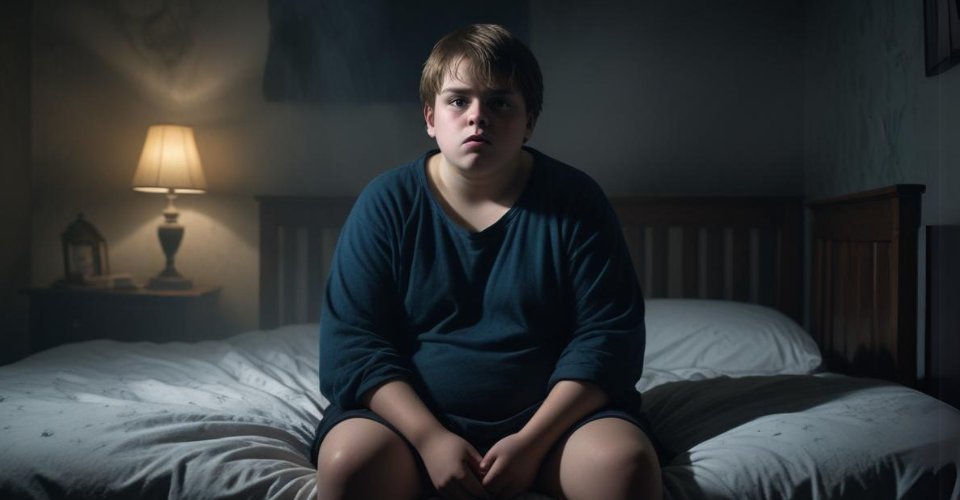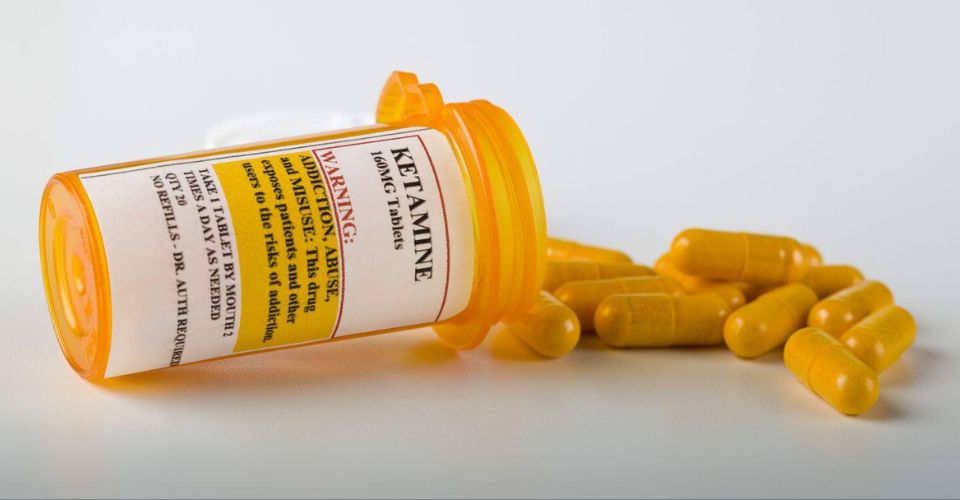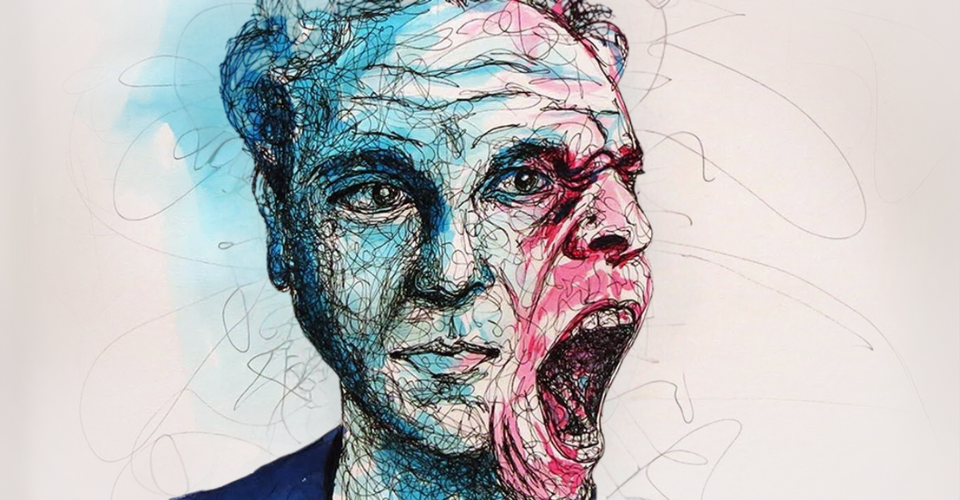Both the American Psychological Association and the U.S. Surgeon General issued mental health study advisories targeting teenagers, parents, and policymakers.
These directives stem from an emerging body of research linking two alarming trends: the surge in youth engagement with social media and the concurrent decline in their mental well-being.
Mental Health Study To Understand Social Media Habits
A potential remedy has surfaced through the work of researchers at Iowa State University. In a two-week experiment involving 230 college students, an intriguing intervention was unveiled.
Half of the participants were instructed to restrict their daily social media usage to just 30 minutes, receiving automated daily reminders to uphold the limit.
As the experiment concluded, this group reported significantly lower levels of anxiety, depression, loneliness, and the fear of missing out compared to the control group.
Remarkably, they also exhibited heightened scores for what researchers define as “positive affect,” a measure of positive emotions like excitement and pride. In essence, their outlook on life appeared brighter.
Ella Faulhaber, lead author of the mental health study and a Ph.D. student specializing in human-computer interaction, expressed her surprise at the comprehensive improvement in participants’ well-being.
She noted that a simple act like receiving a daily reminder could induce behavior change and enhance social media habits.
Interestingly, the psychological benefits extended even to participants who occasionally exceeded the prescribed 30-minute limit.
According to Douglas A. Gentile, co-author and distinguished psychology professor, these results align with findings from the realms of kinesiology and health. He emphasized that quantifying time spent on activities simplifies behavior change efforts, likening it to using Fitbits and daily step counts.
Though many participants in the mental health study initially found cutting back on social media challenging, several reported subsequent gains. Productivity and a deeper connection with their lives emerged as positive outcomes. Improved sleep quality and increased in-person interactions were also noted.
Gentile and Faulhaber acknowledged previous research on the effects of limiting or abstaining from social media, some of which necessitated stringent supervision, app deletion, or specialized tools for restriction.
However, these approaches, akin to rehabilitation for addiction, could backfire due to the perceived loss of freedom.
Gentile explained that resistance often arises when perceived freedom is curtailed. He emphasized that removing social media entirely could negate some of its benefits, such as fostering connections with friends and family.
Faulhaber added that their mental health study extends current social media research by presenting a practical way for individuals to curtail their usage.
For those considering reducing their social media time, she offered valuable advice:
- Develop awareness: Set a timer or use wellness apps to track your social media usage.
- Embrace imperfection: Recognize that adhering to time limits can be challenging, given the design of social media apps.
- Persevere: Gradually limiting social media use yields tangible benefits in daily life.
The researchers also highlighted the significance of mindfulness concerning how and when these platforms are used.
Future investigations could delve deeper into these aspects and explore the long-term effects of social media limitation, including how individuals utilize the time they regain.





















